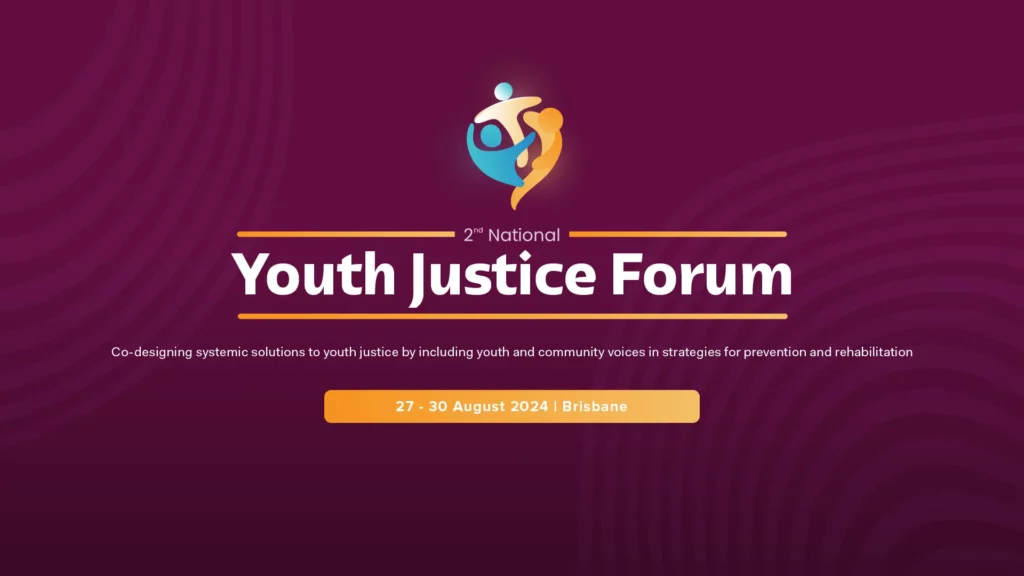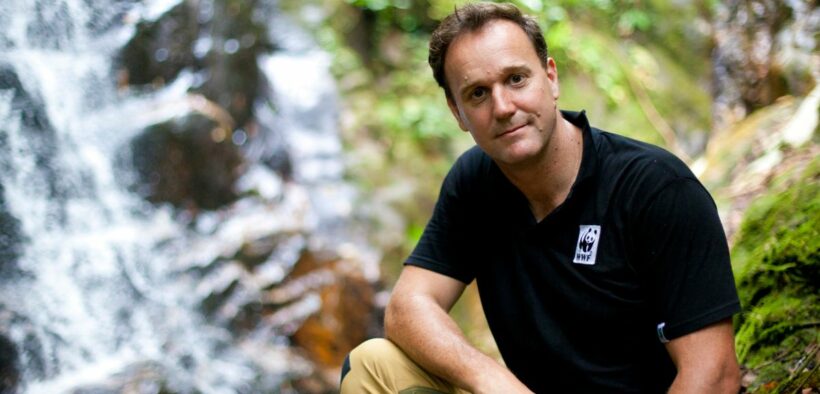World Wildlife Fund, the world’s leading conservation organization, works in nearly 100 different countries in order to address the most pressing environmental issues.
With over five million supporters worldwide working on around 3,000 conservation and environmental projects, the amount of dedication and energy that goes into organizing these events and making sure that our conservation efforts are the best they could be are undoubtedly admirable.
Fortunately, Third Sector News interviewed Dermot O’Gorman, the Chief Executive Officer for World Wildlife Fund Australia, for an insight as to how he manages to take charge of the organization.
The approach to conservation is very different from what it was before. In your experience, which approach is effective in terms of engagement and sustainability?
WWF-Australia’s approach to conservation has always been community-driven and focused on securing a sustainable future for people and nature.
However, in the wake of the devastating 2019-20 bushfires, we undertook a listening project to hear from local communities like never before. These communities are on the front line of climate change and nature loss, and they are at the center of bringing innovative solutions to life.
From listening deeply to fire-affected communities, we learned that Australians want a vision that goes beyond ‘building back better’. These Australians helped shape Regenerate Australia, our bold plan to restore wildlife habitats, rejuvenate fire-affected communities, and build Australia’s resilience to climate-driven disasters.
Did any local and regional conservation efforts influence your practice within the organization? If so, how did you manage to navigate your team to work on these changes?
We are constantly inspired by the work of our conservation partners both in Australia and in our region. The WWF team’s approach is to co-create innovative solutions.
The strength of WWF lies in our partnerships. We know that as one organization we can achieve great things by building bridges and mobilizing people around a common cause.
This approach has seen us partner with Indigenous communities, governments, multilateral aid agencies, businesses, and the broader conservation, climate, and development movement. On our bushfire work alone, we have supported more than 220 partnerships and 177 projects to restore fire-affected landscapes and prepare for future impacts.
By working together, we can ensure that our partners’ innovative solutions are scalable and long-term. It can be difficult to manage a team with the size and passion of WWF-Australia.
Which leadership strategy has had the biggest impact on you and the entire team?
A culture of teamwork. The WWF team is a passionate, innovative, and diverse team that works together – because they know we can only achieve big things together.
We also know that a ‘business as usual’ mindset won’t achieve extraordinary results. Innovation is the key to solving our biggest environmental challenges at speed and scale.
At a time when the world needs NGOs more than ever, the biggest risk is that we don’t innovate. This is why the WWF-Australia team has been testing and validating innovative solutions this past year.
We ran a global innovation challenge – supercharged with $2 million in seed funding – to support our greatest minds to build a greener and more equitable Australia.
Supporting the WWF team is inspiring for me as a leader and helping them work with partners to do great things is also a very personally rewarding leadership strategy.
You’ve been with the organization for nearly two decades; how do you keep yourself and your team motivated despite setbacks?
To be honest, it is hard not to be motivated when you’re working with a dedicated team and incredible supporters who are engaged and concerned about climate change and biodiversity loss.
However, the extreme weather events of the past three years, from devastating fires to unprecedented floods, have demonstrated the stark reality of climate change in Australia. This makes our mission to protect people and nature more important and more urgent than ever.
Setbacks are inevitable when you’re tackling problems of this scale. These natural disasters are becoming more frequent and severe as climate change intensifies. As a team, we work together on having the right mindset, getting our inspiration from our partners and 2.5 million supporters, and first and foremost keeping purpose front of mind.
Menchie Khairuddin is a writer Deputy Content Manager at Akolade and content producer for Third Sector News. She is passionate about social affairs specifically in mixed, multicultural heritage and not-for-profit organisations.





















































































































































